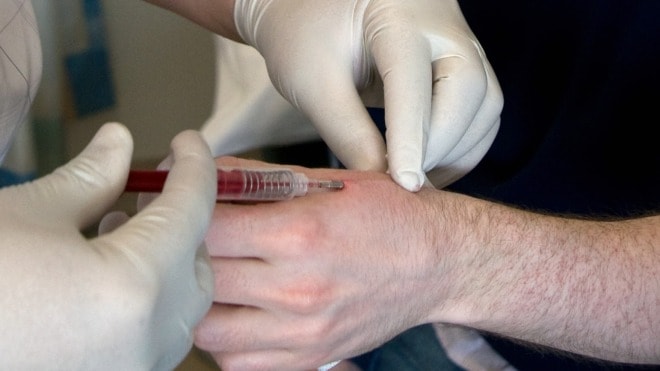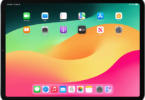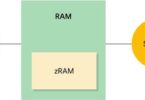It is a voluntary action, but if you stick out, you may have a few disadvantages: The US company Three Square Market offers its employees the microchip implants, with which they can open doors, use copiers and log into computers.
It is a thrust as from the novel The Circle by Dave Eggers: The US company Three Square Market (32Market) wants to implant microchips for its employees. The grain of rice microchip is put under the skin between thumb and index finger. This is reported by Reuters.
With the microchip implants, employees of the company, which manufactures snack machines, for example, should be able to open doors, use the copier or log in to computers. The whole thing goes through the so-called NFC technology. This type of data transfer is also used with mobile phones or contactless payment. The microchip implant can not be used for GPS tracking and the data transferred on it are encrypted, insured 32Market.
This procedure is voluntary for employees, says the company. At present, approximately 50 employees are interested in the market. The microchip implant and deployment will be approximately $ 300 – costs borne by the company. “Somehow this technology will be normal and we will use it as a passport, for public transport or as a means of payment”, 32Market CEO Todd Westby can be cited in a message.
The RFID microchip is manufactured by the Swedish company Biohax International. In the Scandinavian country, the company Epicenter Routine was already taking notice three months ago when it also used its staff to engraft microchip implants.
At the start of the project, the company launched a “microchip party” at its headquarters in Wisconsin on the first of August, in which employees can voluntarily plant the approximately two by twelve millimeter NFC microchip. The company expects about 50 employees to participate in the campaign.
Swedish company as a pioneer
32M was inspired by the Swedish company BioHax International, which already equipped its own workforce with the NTAG216 chip from NXP. This microchip is stored in a glass capsule and according to the manufacturer can store 924 bytes of information, which can then be read by a wireless reader over a distance of up to ten centimeters.
The microchip generates a data transfer rate of 106 kbit per second. Thanks to the RFID technology, this also works without a battery as the required current is transmitted wirelessly. What risks the technology harbors hackers is not yet known. For the body, however, the RFID microchip inserted in a glass capsule is certainly harmless.
Advertising campaign with own staff
For 32M, the chip action with its employees is a kind of advertising campaign. The company sells IT systems and services for offices and other work environments where employees can buy drinks and snacks from self-service kiosks. CEO Todd Westby of 32M expects that RFID technology will be introduced in many areas in the future. From the payment in the shops, the activation of copying machines to the storage of health information, many applications are conceivable. One day, this technology will be standardized and will also be used as a passport and a ticket and as an electronic payment instrument.








